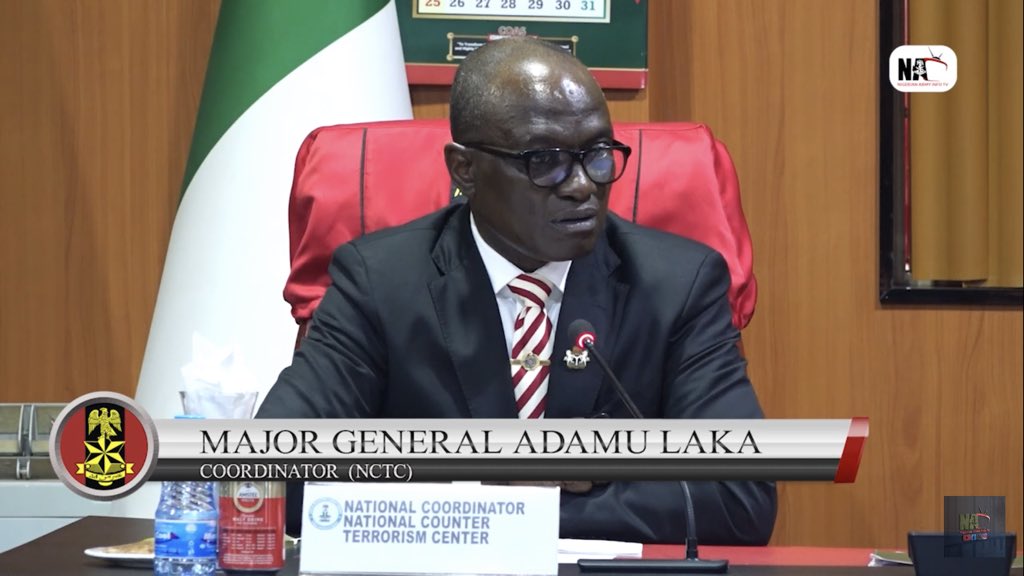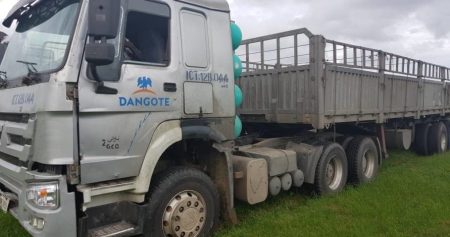The Nigerian Federal Government has reaffirmed its unwavering dedication to securing the freedom of the remaining abducted Chibok schoolgirls and Leah Sharibu, emphasizing that despite the passage of time, these young women remain a priority. This commitment underscores the government’s ongoing efforts to address the lingering trauma of these abductions and to bring closure to the affected families and the nation as a whole. The prolonged captivity of these individuals serves as a stark reminder of the persistent security challenges facing Nigeria and the devastating impact of terrorism on vulnerable populations.
The Chibok schoolgirls’ abduction, a tragic event that shook the world, occurred on April 14, 2014, when Boko Haram militants stormed the Government Girls Secondary School in Chibok, Borno State, and forcibly removed 276 girls from their dormitories. This mass abduction sparked international outrage and prompted a global campaign #BringBackOurGirls, demanding their immediate release. While some girls managed to escape or were subsequently released through various negotiations and rescue operations, 87 remain unaccounted for, their fate shrouded in uncertainty. The ongoing captivity of these girls represents a profound failure of the Nigerian state to protect its citizens and underscores the enduring threat posed by extremist groups.
Leah Sharibu’s abduction adds another layer of complexity to this tragic narrative. On February 19, 2018, 110 schoolgirls were kidnapped from the Government Girls’ Science and Technical College in Dapchi, Yobe State, by the Islamic State West Africa Province (ISWAP), a splinter group of Boko Haram. While most of the Dapchi girls were eventually released, Leah Sharibu, the sole Christian among them, remains in captivity, reportedly due to her refusal to renounce her faith. Her continued detention highlights the religious dimension of the conflict and the targeting of individuals based on their beliefs. Leah’s resilience in the face of such adversity has made her a symbol of courage and faith, inspiring calls for her release from around the world.
Major General Adamu Laka, National Coordinator of the National Counter Terrorism Centre (NCTC), provided insight into the government’s ongoing efforts. He stressed that the release of some of the abducted girls has been a gradual process involving intricate negotiations, military operations, and intelligence gathering. Laka’s presence in the theatre of operations during the initial stages of the Chibok girls’ rescue underscores the military’s commitment to this complex and challenging undertaking. He acknowledged the multifaceted nature of the problem, recognizing that some of the girls have been forcibly married to insurgents, further complicating their rescue and reintegration. The government’s focus, however, is not exclusively on the Chibok girls; other abductees, including aid workers from UNICEF, UNHCR, and IOM, have also been rescued, demonstrating a broader commitment to addressing kidnapping and hostage-taking.
While public updates may be infrequent, Laka emphasized that the relative silence does not signify inaction or indifference. The government, he assured, remains committed to securing the release of all remaining captives, including Leah Sharibu. He acknowledged the emotional toll of these protracted abductions and underscored the government’s continued efforts and prayers for their safe return. This reassurance seeks to allay public concerns and maintain hope for the eventual reunification of these young women with their families. The complexities of negotiating with terrorist groups, however, often necessitate a degree of confidentiality to protect both hostages and those involved in securing their release.
Laka also provided updates on the activities of the Multi-Agency Anti-Kidnap Fusion Cell, established within the NCTC. This cell, commissioned by National Security Adviser Nuhu Ribadu, serves as a central hub for intelligence sharing and coordination among various security and law enforcement agencies. The initiative represents a significant step towards a more integrated and effective response to the pervasive problem of kidnapping. To enhance national-level coordination and state-level response, anti-kidnap liaison officers have been deployed across all 36 states and the Federal Capital Territory. This decentralized approach aims to leverage local knowledge and facilitate real-time intelligence gathering, thereby strengthening the overall effectiveness of anti-kidnapping efforts. The initiative underscores the government’s recognition of the need for a comprehensive, multi-pronged strategy to address the multifaceted challenges posed by kidnapping and terrorism.














